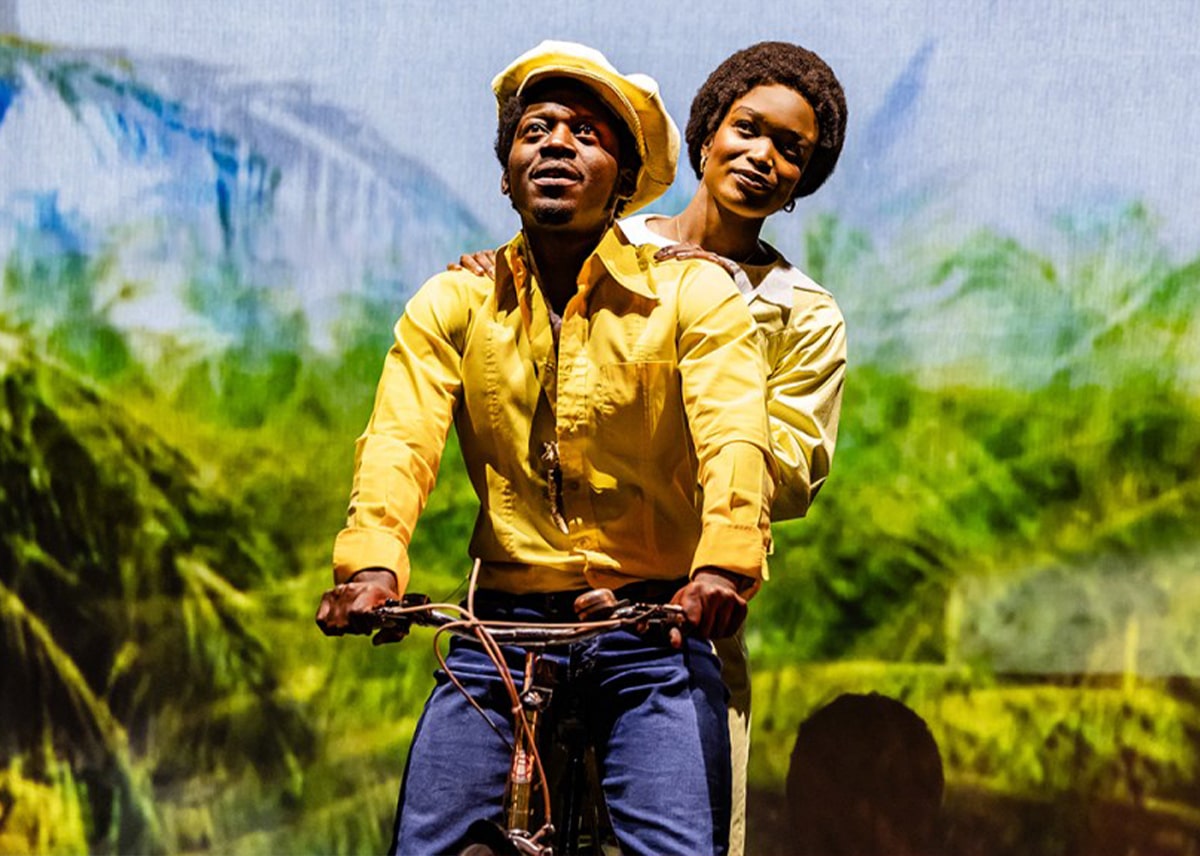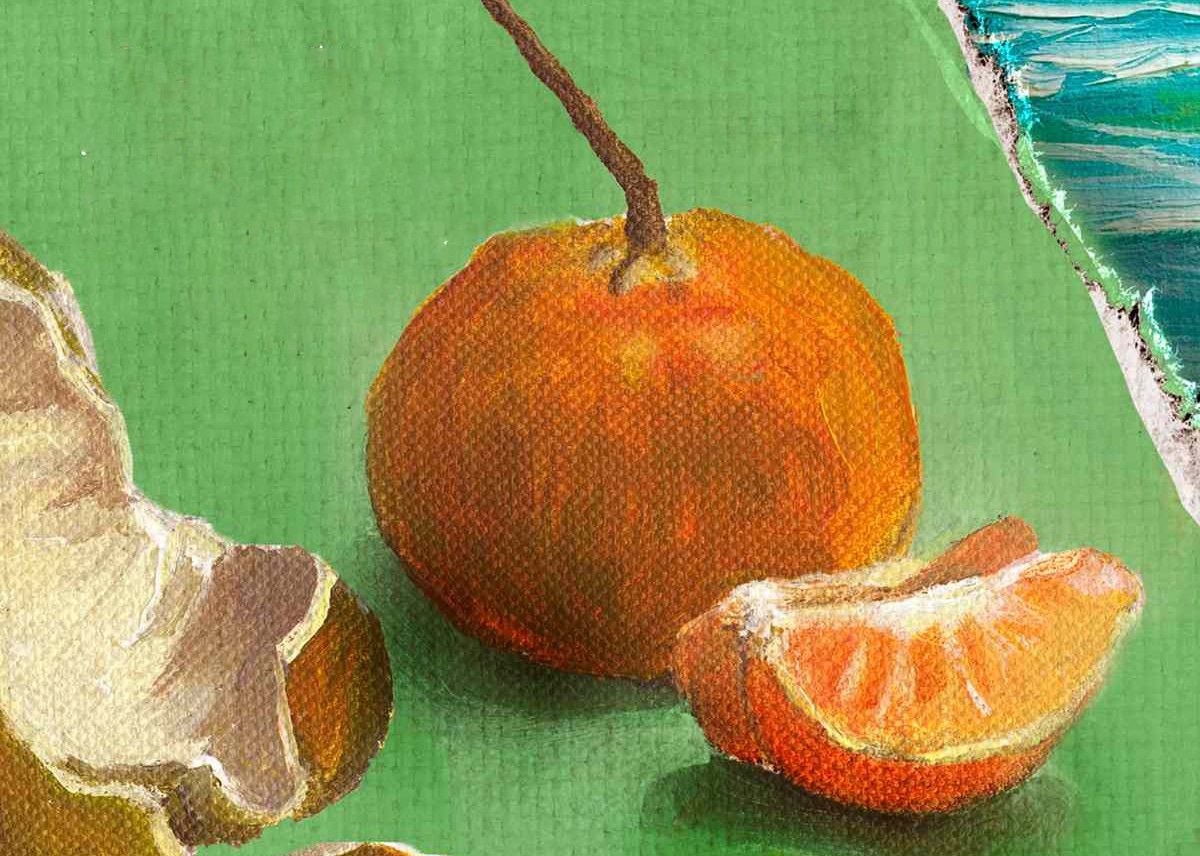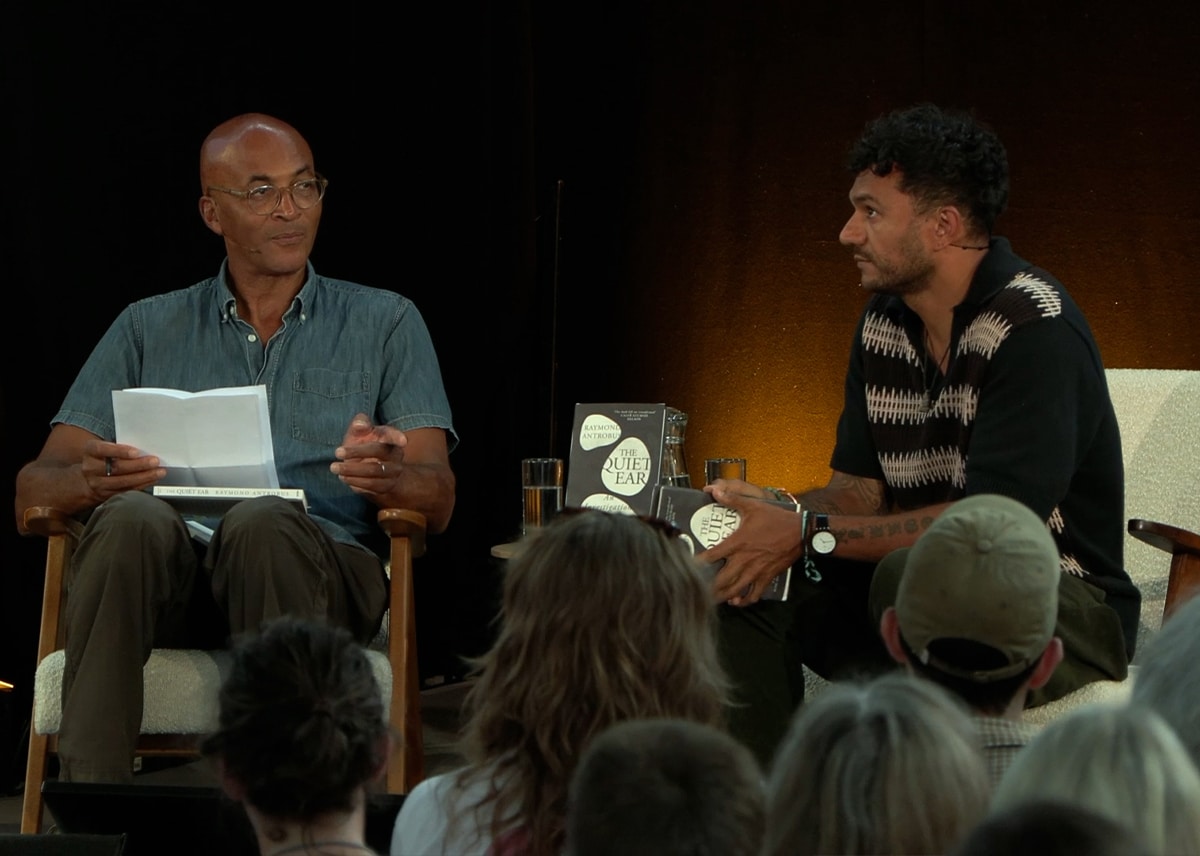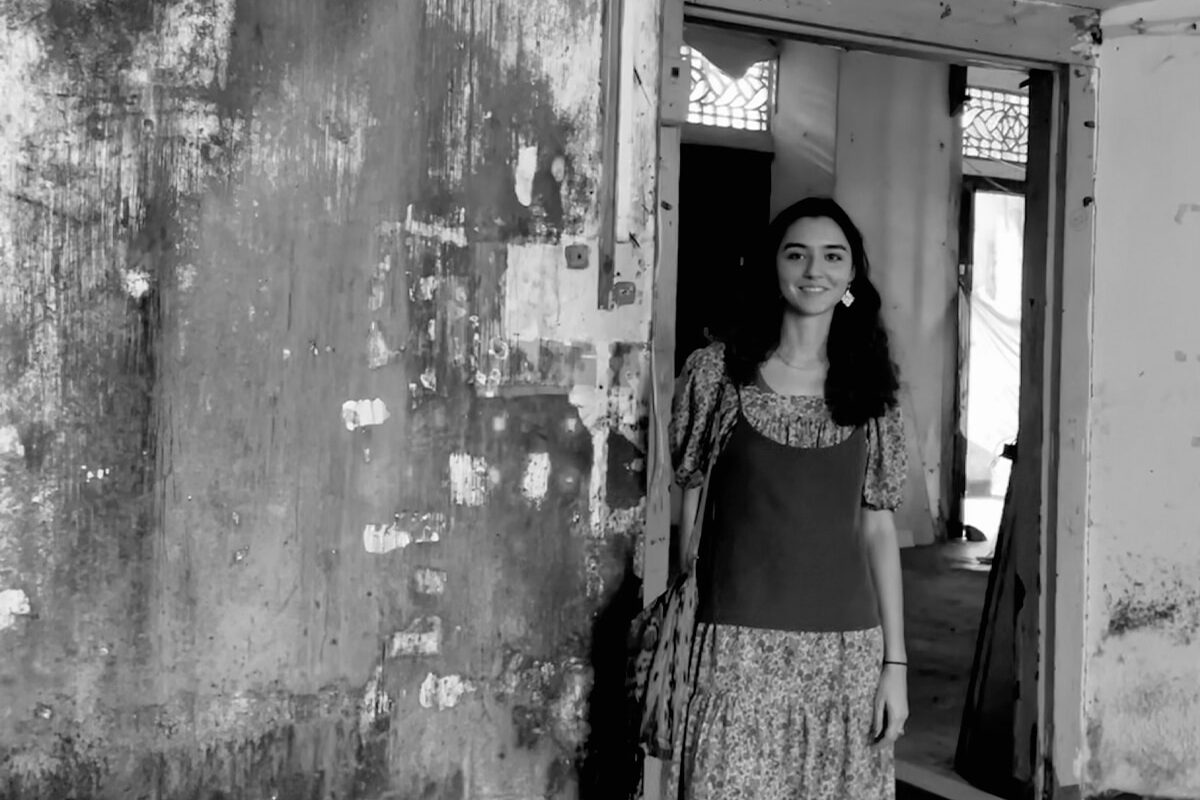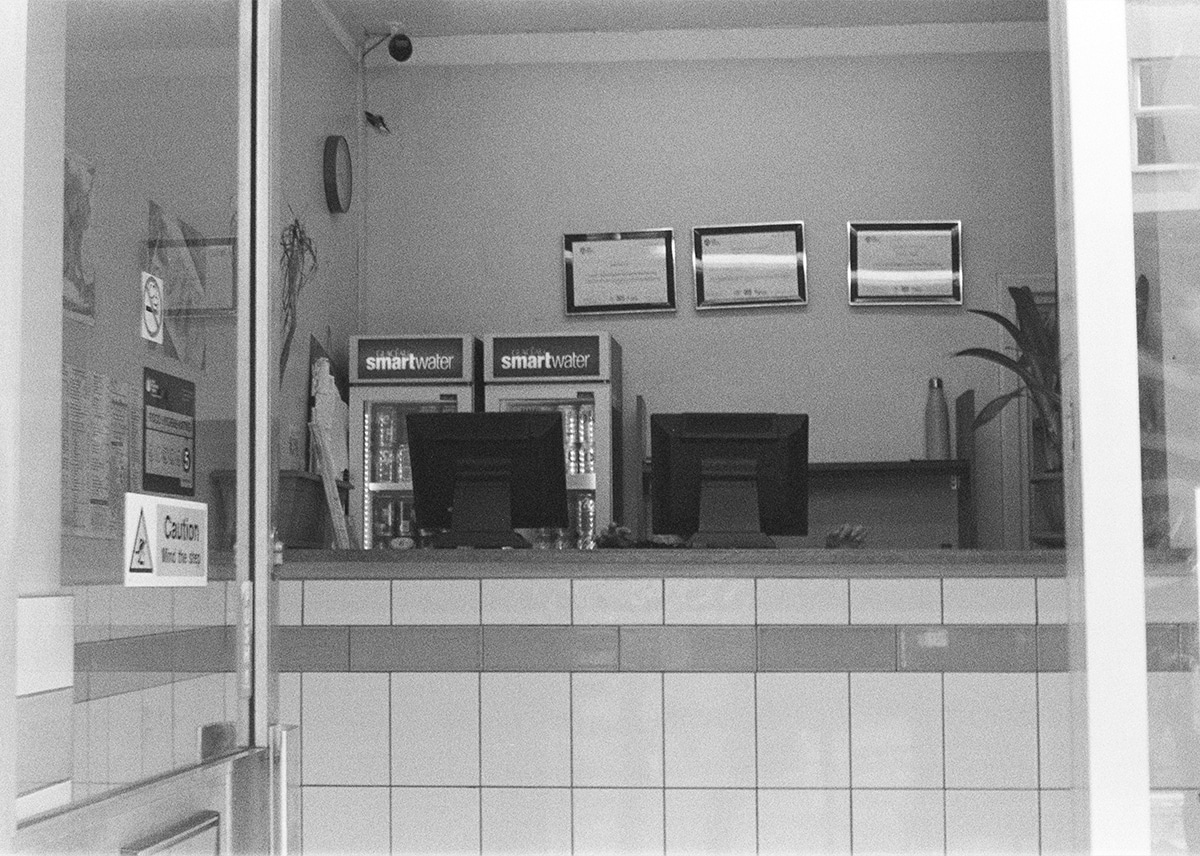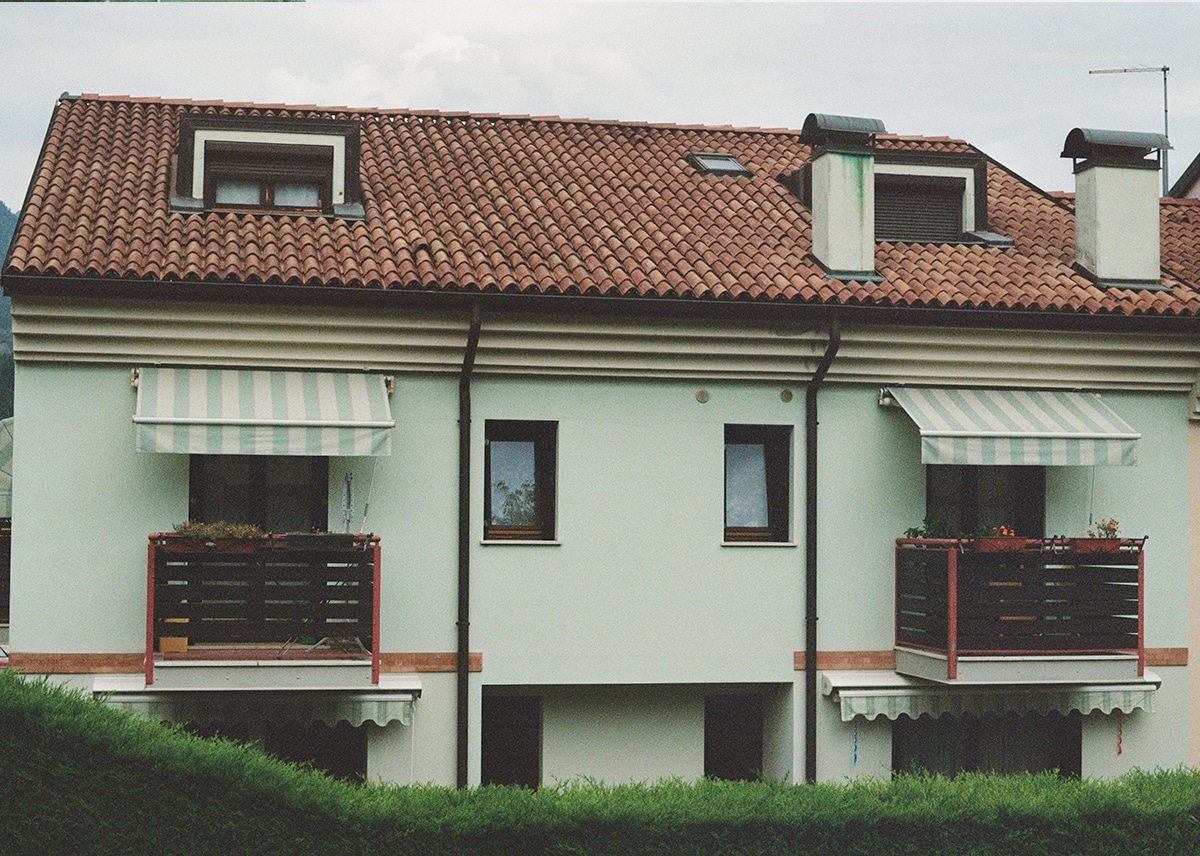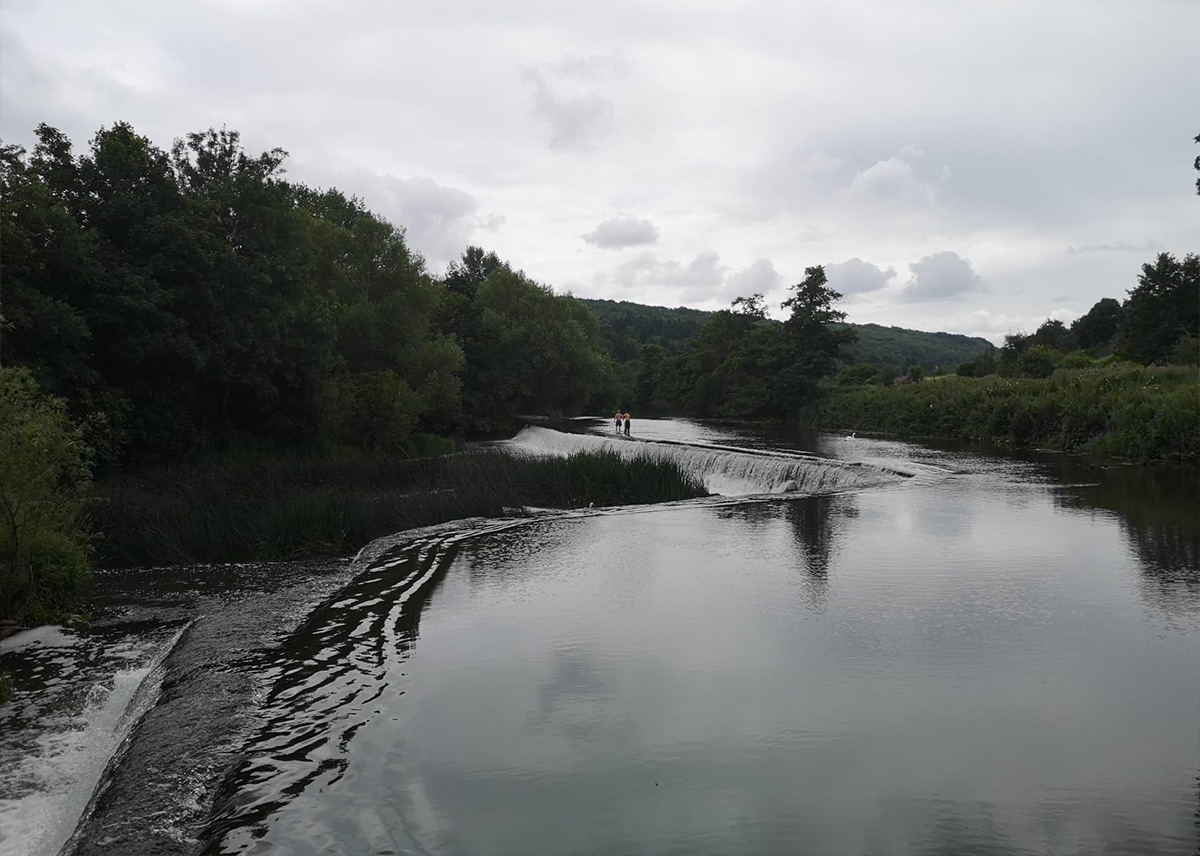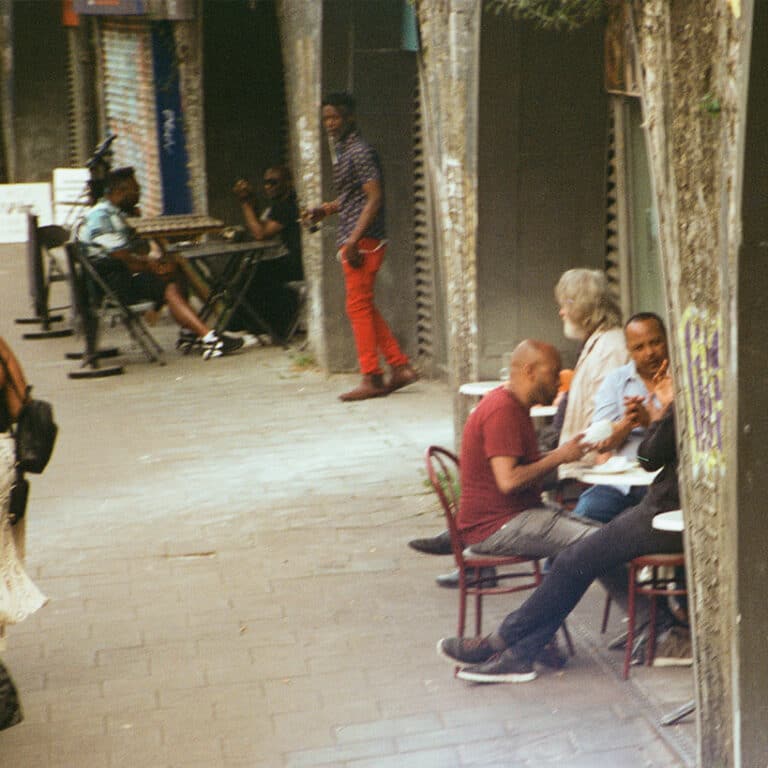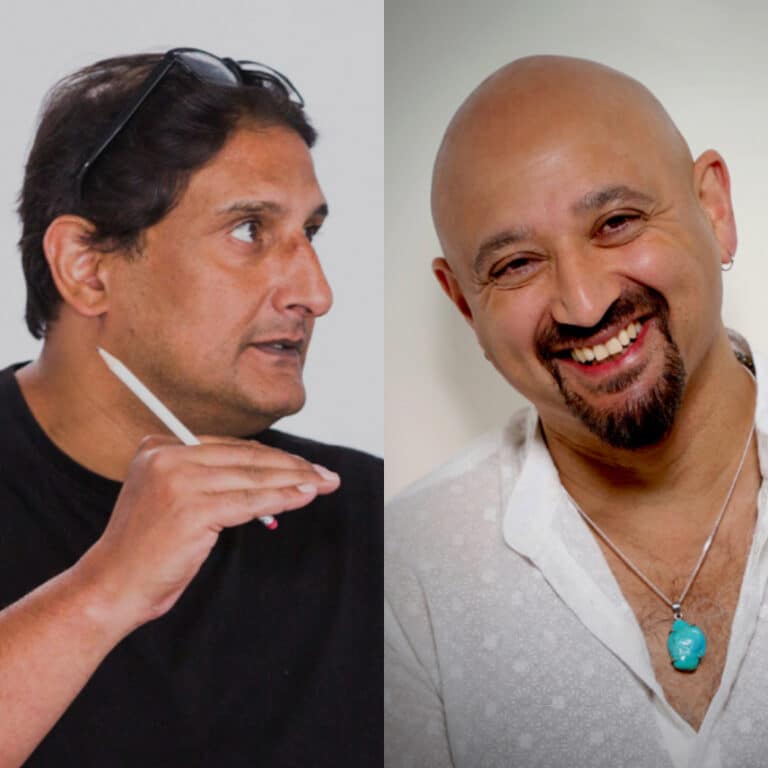Childish Literature

Alejandro Zambra
Translated by Megan McDowell
Fitzcarraldo Editions (2024)
Review by Daniel Rey
The Chilean writer Alejandro Zambra has spotted a rarity in the canon. ‘Literary tradition abounds with letters to my father,’ he points out, ‘but letters to my son are pretty scarce.
’Zambra’s latest book, Childish Literature expands that sparse collection. It’s a genre-defying work, and Zambra’s most direct consideration of a theme he has explored in novels such as The Private Lives of Trees (2010), Ways of Going Home (2013) and Chilean Poet (2022).
Framed as a letter to his son Silvestre, Childish Literature is mostly a work of memoir, but also of essay and fiction. The book’s interstitial character is winked at in the text, in a literary disagreement between Zambra and his wife, the writer Jazmina Barrera: ‘She says she likes my story,’ Zambra recounts. ‘I tell her it’s an essay.’
Zambra confronts the literati’s denigration of ‘books for kids’, beginning with his ironic title (Literatura infantil in the Spanish). His translator, Megan McDowell, could have opted for ‘Children’s Literature’, but her version cleverly adds bite to Zambra’s original.
For Zambra, ‘children’s literature’ is an inadequate, catch-all term: ‘The idea the books you and I read together are a kind of substitute or alternative or preparation for real literature seems as unfair as it is false … I don’t see any less literature in a story by Maurice Sendak or María Elena Walsh than in any of my favorites from “grown-up literature”.’
Zambra similarly rejects the view – prevalent among writers and literary critics – that sentimentalism in ‘adult literature’ is an artistic sin: ‘I have the impression that even today, many writers would rather be ignored than run the risk of being considered corny or mawkish. And the truth is that when it comes to writing about our children, happiness and tenderness defy our old masculine idea of the communicable.’
The difficulty with Childish Literature is not its literary perspective, but Zambra’s parenting. He is the ‘father who makes him [Silvestre] breakfast every morning’, and has ensured he has never drunk Coke, and never watched TV. This is very laudable, but it’s much less interesting to read about a good parent than a bad one.
One of the most intriguing parts of the book is when Zambra admits to questioning his methods. Even then, however, his reflections demonstrate commendable self-awareness: ‘I have a deep distrust of the satisfaction I feel at the thought that my wife and I are doing it right. I’m sure my parents also thought they were doing it right.’
McDowell, Zambra’s longtime translator into English, gives the book a natural flow except when the author discusses professional football. In particular, she introduces a series of over-literal translations, and odd expressions like ‘He wasn’t offsides.’ It’s also odd that Zambra writes at length about football given that he doesn’t allow Silvestre to attend matches or watch them on TV.
It’s clear from Childish Literature that Silvestre is lucky to be raised by such a father. This book is perfectly pleasant, but readers wanting deeper explorations of parenthood should instead read Zambra’s fiction.
The Harder They Come
In the latest production of The Harder They Come at Stratford East, London, the musical depicts all of Jamaican life on stage with thrilling simplicity.
Love forms
The experience of silently reading Claire Adam’s Love Forms is one of immense and daunting loneliness
The Quiet Ear
The Quiet Ear by poet Raymond Antrobus explores what it is to be deaf in the world of the hearing through his own upbringing and the lives of other deaf artists
A close encounter with accents
An investigation of the consequences of speaking with a foreign accent in your adopted country
The last days
'A version of this life is ending. I’m in the last days. This may be the last essay I write as childless novelist.'
In Olney River
Exploring the feeling of being watched by white families as a black man, while submerged in Olney River

Preaching
'Preaching': A new poem by the T.S.Eliot Prize-winning poet Roger Robinson, from his forthcoming New and Selected Poems (Bloomsbury in 2026).

Walking in the Wake
Walking in the Wake was produced for the Estuary Festival (2021) in collaboration with Elsa James, Dubmorphology and Michael McMillan who meditates on the River Thames as we follow black pilgrims traversing sites of Empire.

Illuminating, in-depth conversations between writers.
SpotifyApple Podcasts
Amazon Music
YouTube
Other apps

The series that tells the true-life stories of migration to the UK.
SpotifyApple Podcasts
Amazon Music
YouTube
Other apps


